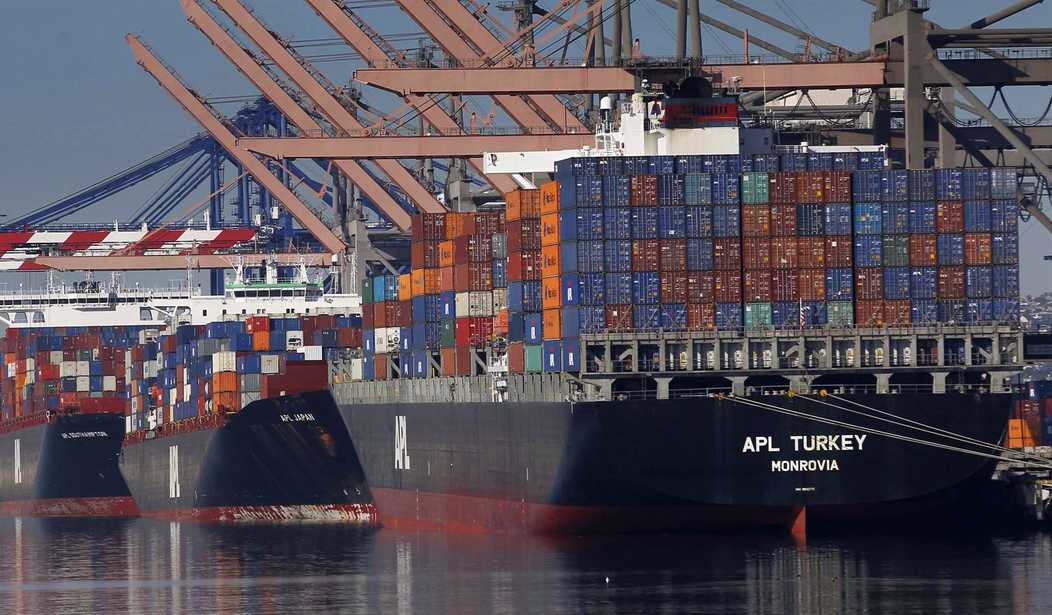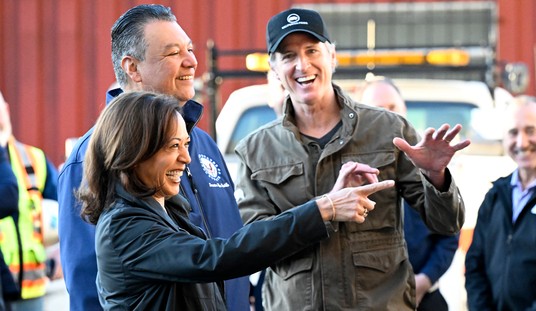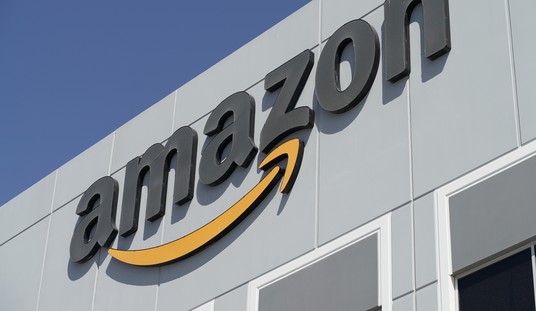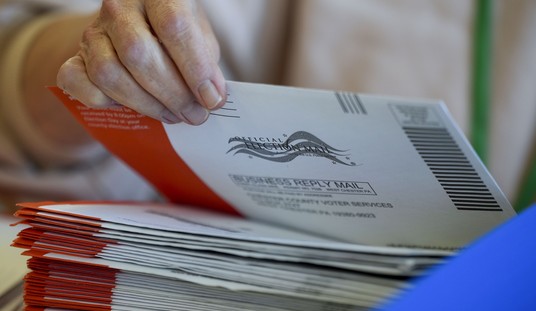Americans’ economic confidence, which surged on the hopeful arrival of a new president in January, has now fallen sharply back, given the stark realities of Joe Biden’s new administration.
Gallup’s Economic Confidence Index started to dip in August, and then fell further this month, according to Gallup’s survey results based on telephone interviews with 1,005 adults from Sept. 1-17.
A number of factors have combined to drive down economic confidence from the optimistic days surrounding Biden’s inauguration in January.
A resurgent virus causes concerns. Among other major reasons are Biden’s talk, despite the dangerously slim congressional control of his Democrat party, of massive tax increases to fund his multiple trillions of dollars in new social spending on the long-held pipe dreams of his party’s progressive wing.
Although, Democrat bickering over priorities appears to threaten his vast infrastructure plan at the moment.
Additionally, a number of clumsy, even incoherent moves by Biden have weakened confidence in the 78-year-old’s abilities and mental capacity to be an assertive national leader. Biden’s job approval, which started out in the mid-fifties, far above any measure of Donald Trump’s presidency, has now sunk deep into the 40s, in some cases below even Trump’s average approval rating.
His masterful bumbling of the Afghan troop withdrawal, which involved removing all troops before evacuating endangered civilians, shocked many and resulted in the deaths of 13 service members who has been rushed back into Kabul.
Plus thousands of Americans and Afghan supporters were abandoned in the hasty exit. And an estimated $85 billion in modern military hardware was left behind for use and/or international sale by the repressive regime of religious fundamentalists.
The drop in economic confidence comes as the all-important holiday shopping period fast approaches. Consumer spending comprises about 70 percent of GDP. The economy provides probably a greater percentage of voter’s decision-making when nationwide election times approach. Stumbling economies were the torpedoes that sunk the reelection bids of Jimmy Carter in 1980 and George H.W. Bush in 1992.
The invisible tax of inflation was also a key factor in those elections and its current monthly price increases of around five percent year-over-year has raised an ominous threat to economic recovery from the pandemic.
Although a president’s name is on no midterm ballots, even in good economic times, the first such elections in a presidency become an interim verdict on an incumbent president and his party.
After Barack Obama and his empowered Democrats rammed through Congress a trillion-dollar stimulus and ObamaCare with no Republican votes in 2010, Democrats lost six Senate seats, 63 House seats and nearly 1,000 state and local offices, damage they have yet to recover from fully, 11 years later.
A president’s party has lost congressional seats in 19 of the last 21 midterm elections — on average, 20. The exceptions being Bill Clinton in 1998, following Republican overreach on the Monica Lewinsky scandal, and George W. Bush in 2002, in the wake of 9/11 and his actions.
Losses of as few as three seats in the House and just one in the Senate next fall would cripple the already stumbling political agenda of Biden and his disputative party.
Although public economic confidence is still above the nadir in the pandemic’s early months last year, Gallup found reduced confidence on both current levels and anticipation of future economic developments. This followed an August price increase of 5.3 percent and a very weak job growth numbers for that month.
The unemployment rate declined because so many stopped looking for work.
Here’s how Gallup describes its Confidence Index:
Gallup’s Economic Confidence Index represents Americans’ net optimism about the economy, combining their views about current economic conditions and perceptions of the direction of the economy.
The index has a theoretical maximum of +100 if all Americans were to say the economy is “excellent” or “good” and improving, and a theoretical minimum of -100 if all were to say the economy is “only fair” or “poor” and getting worse.
The September index score is -21, the same as January this year. That number is down from -12 in August and -6 in July, though still above the worst -33 in April of 2020.
Serious supply chain issues are worsening, just as retailers usually stock up for the holidays. Dozens of ships anchor off West Coast ports, each carrying thousands of containers, awaiting dock space because ports are still comfortable closing for two-day weekends.
Additionally, suppliers in China report the government is routinely ordering long, electrical blackouts that cripple vast numbers of factories, ostensibly to reduce air pollution.
But some American executives speculate that, with the specter of a feeble U.S. president and his botched Afghan exit, China is messing with the U.S. economy and Joe Biden’s political outlook for the crucial holiday season heading into a decisive election year.














Join the conversation as a VIP Member